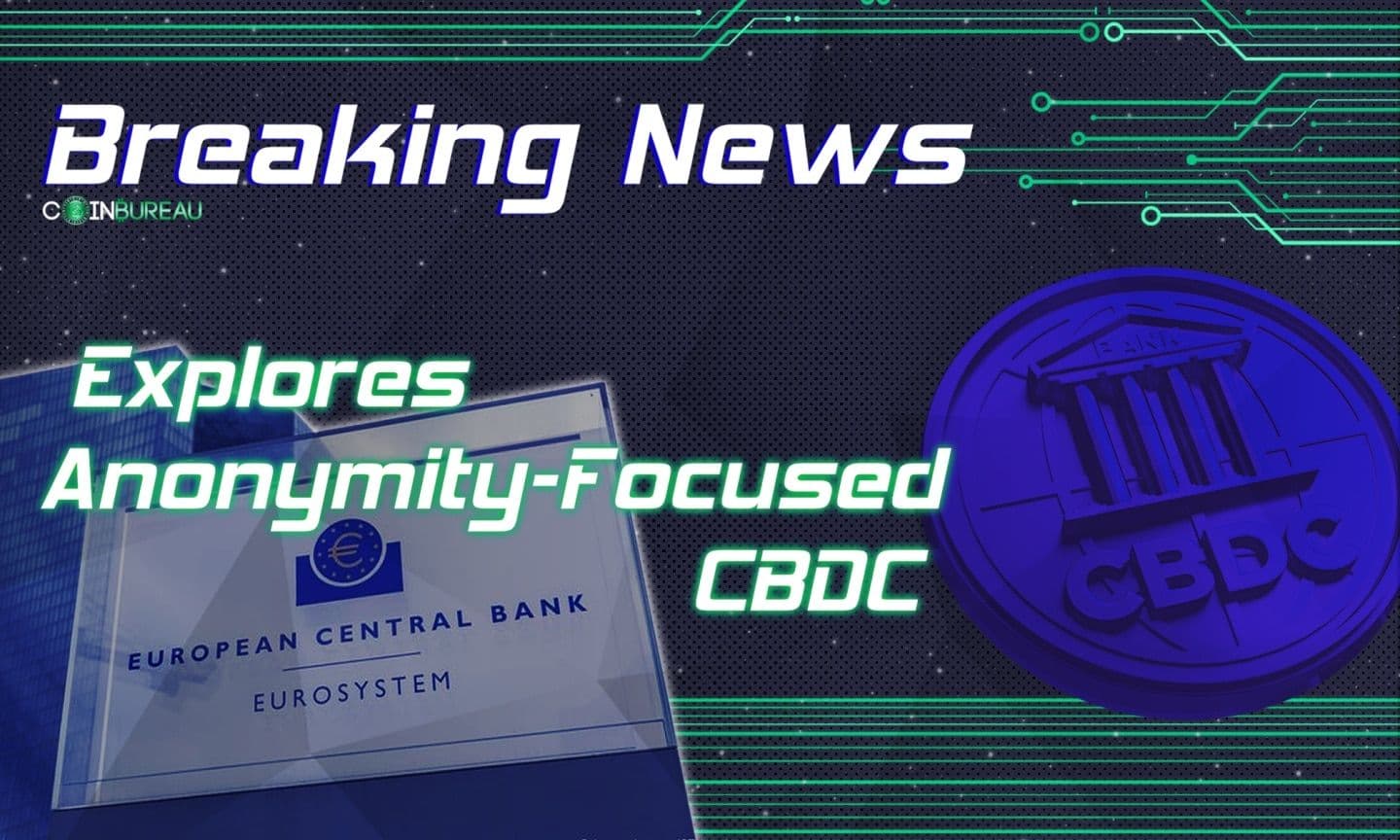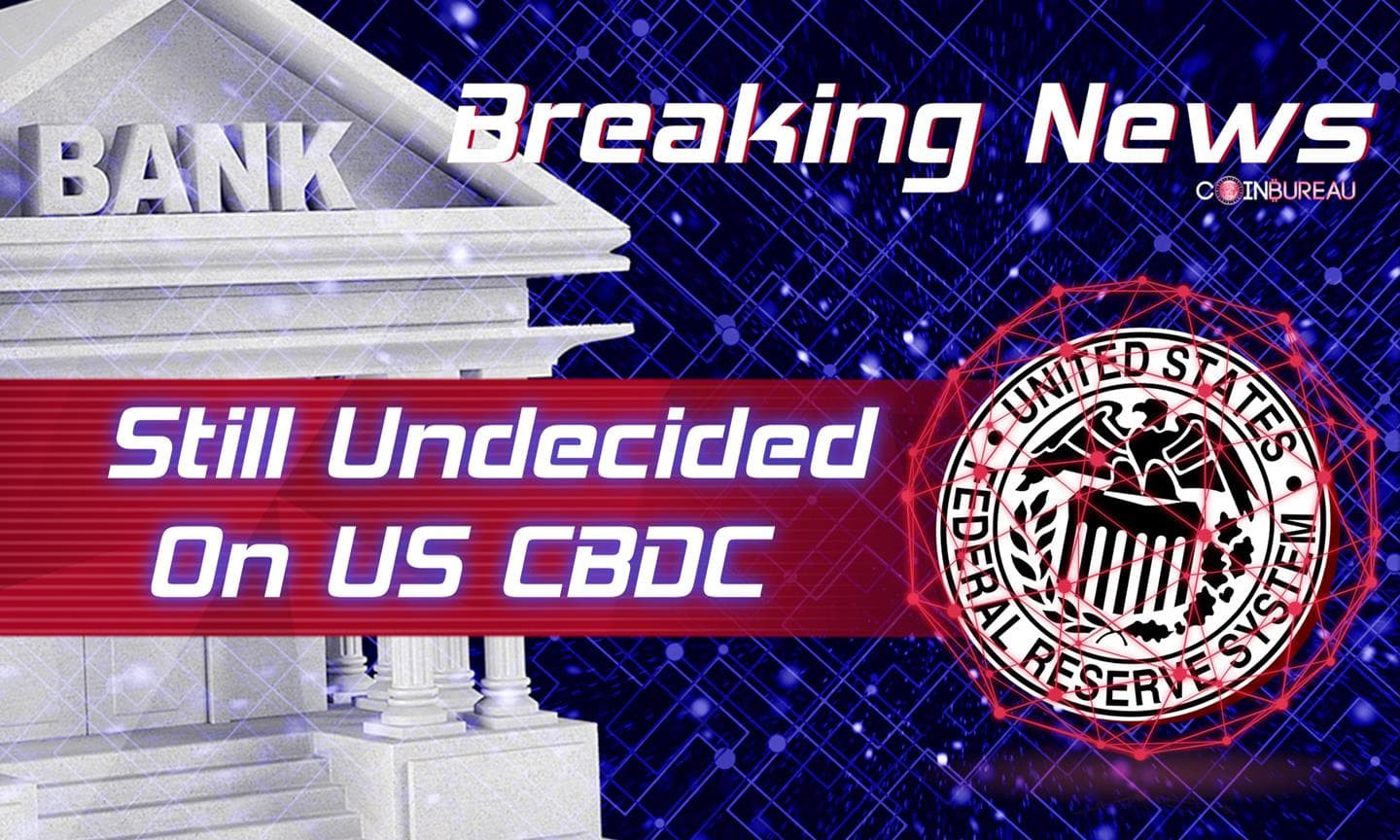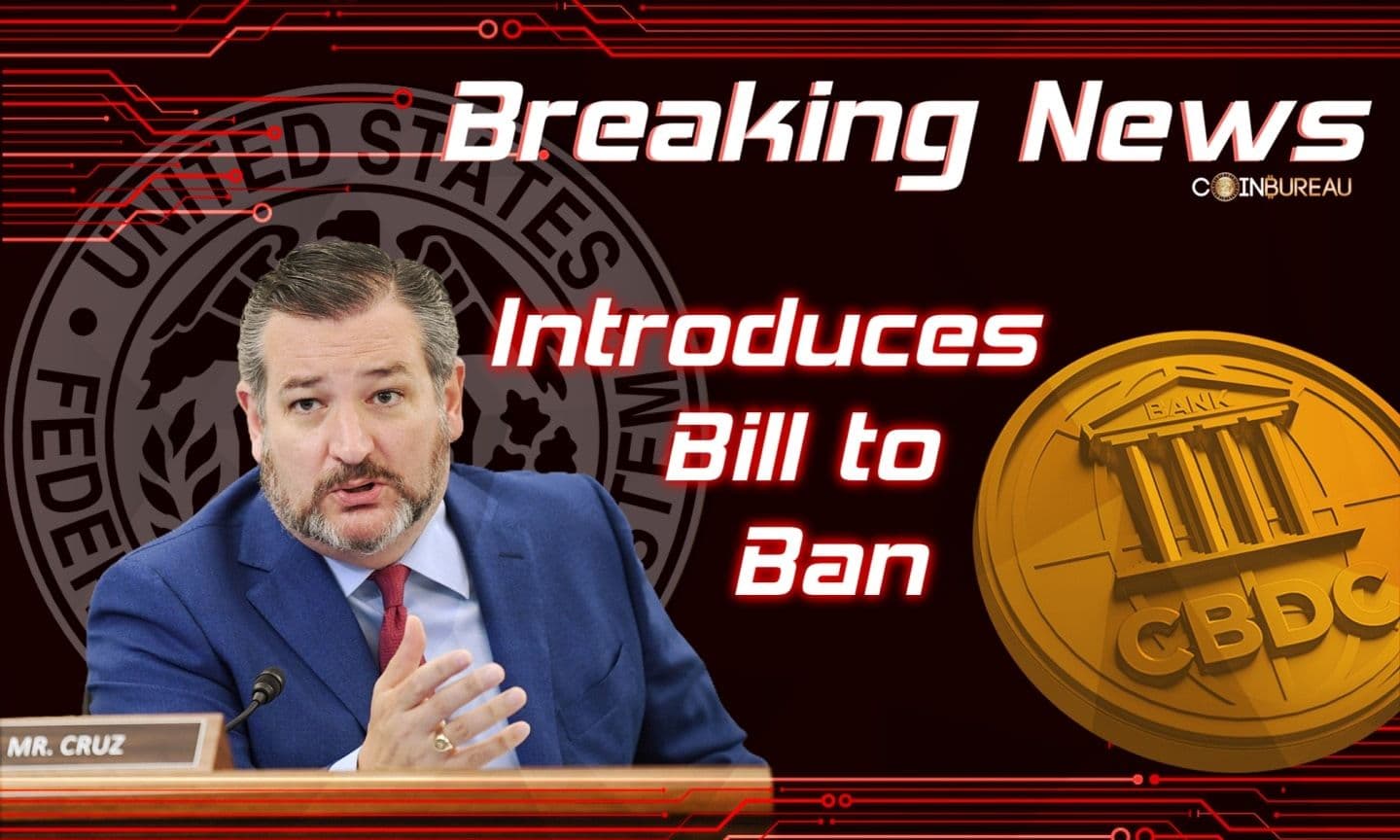House Democrats in Washington are set to introduce a bill calling for a privacy-focused central bank digital currency (CBDC) that has the same legal status as regular USD.
The proposed Electronic Currency and Secure Hardware (ECASH) Act would call upon the Treasury Department to run a program that would manage the creation and implementation of “e-cash” and any technological infrastructure required to support anonymous transactions.
The bill has been put forth by Reps. Stephen Lynch (D-Mass.), Jesús Chuy Garcia (D-Ill.), Ayanna Pressley (D-Mass.) and Rashida Tlaib (D-Mich.)
Rohan Grey, a professor from Willamette University who consulted on the bill, told CoinDesk the bill is meant to create a “true digital analogue to the U.S. dollar.”
“We’re proposing to have a genuine cash-like bearer instrument, a token-based system that doesn't have either a centralized ledger or distributed ledger because it had no ledger whatsoever. It uses secured hardware software and it's issued by the Treasury," he said.
Grey also reiterated to The Register that the proposed currency wouldn’t have any blockchain, and would be completely anonymous and peer-to-peer (P2P).
"Instead, it would be purely peer-to-peer, capable of offline transactions, and able to be held and used completely anonymously, like physical cash is today," explained Grey.
 Image via Shutterstock
Image via Shutterstock
"We don't require people to have an ID for cash," said Grey. "Why should we require them to have an ID for digital cash?"
In a draft press release seen by The Register, Stephen Lynch said that the US must not be left behind in the global race to establish CBDCs.
"By establishing a pilot program within Treasury for the development of an electronic US Dollar, the ECASH Act will greatly inform, complement, and advance ongoing efforts undertaken by the Federal Reserve and President Biden to examine potential design and deployment options for a digital dollar," Lynch said.
While any rules around the proposed eCash are still unclear, Lynch said it wouldn’t be completely unregulated. Instead, it would be "classified and regulated in a manner similar to physical currency for the purposes of anti-money laundering, know-your-customer, counter-terrorism, and transaction reporting laws, and accordingly not subject to the third-party exemption to an otherwise presumptive expectation of privacy."
The proposal comes weeks after the Biden Administration released its executive order on digital assets, which called for a government-wide strategy on researching and developing CBDCs.





